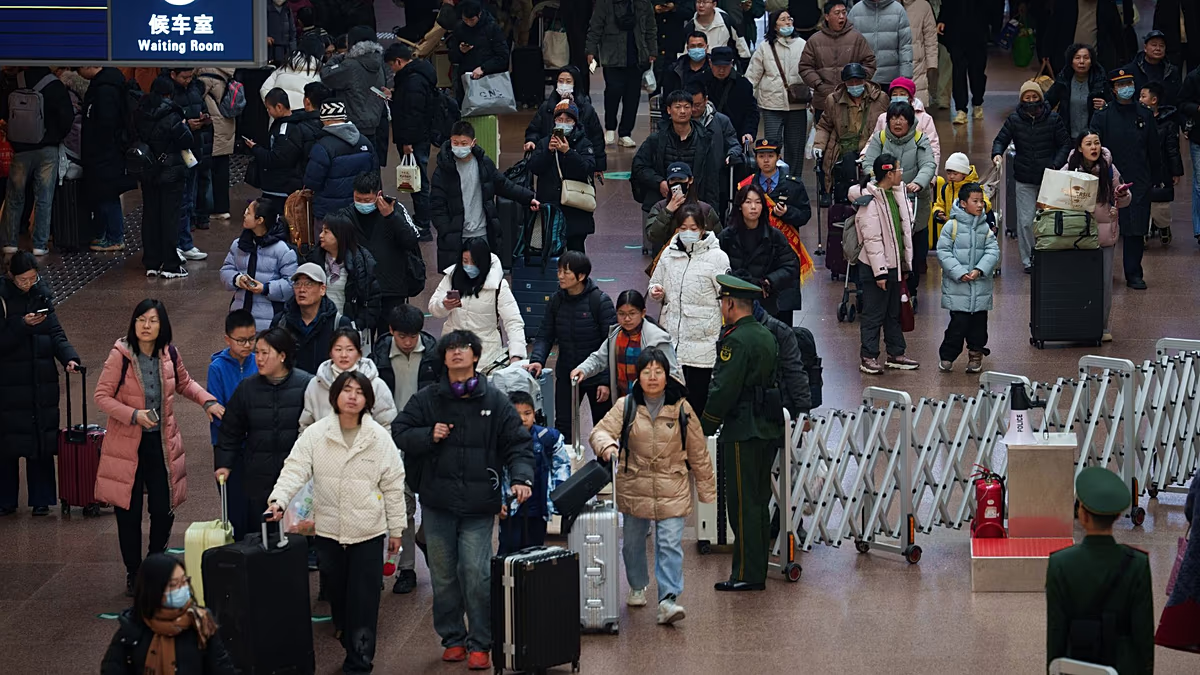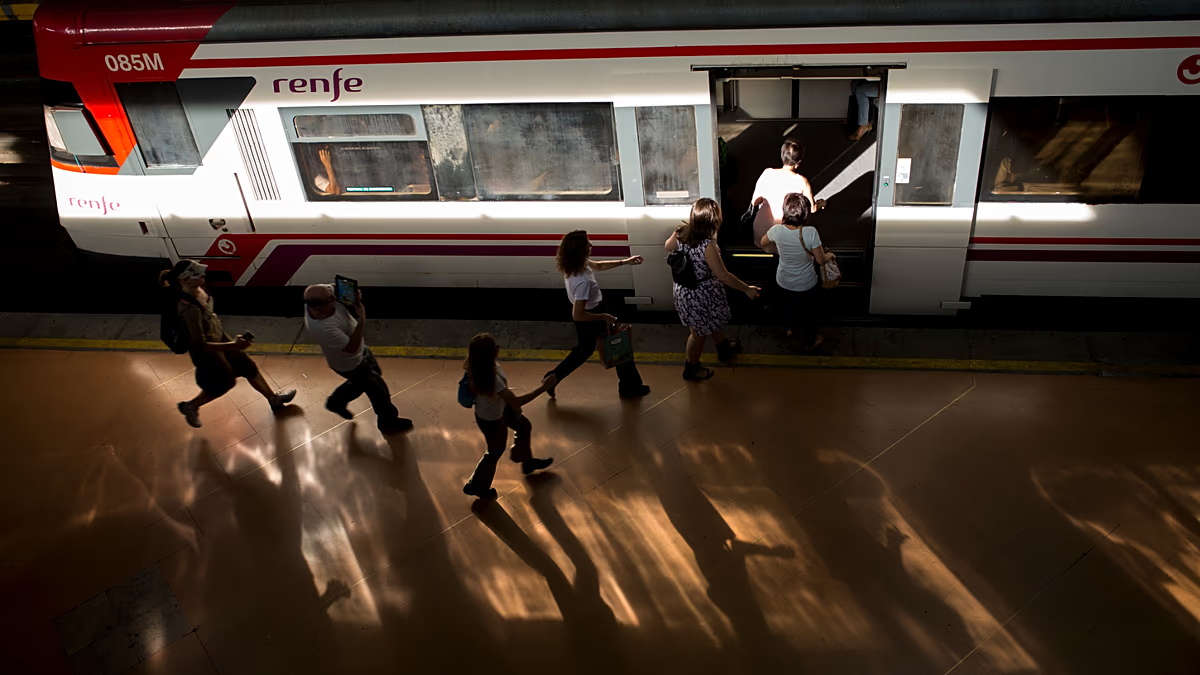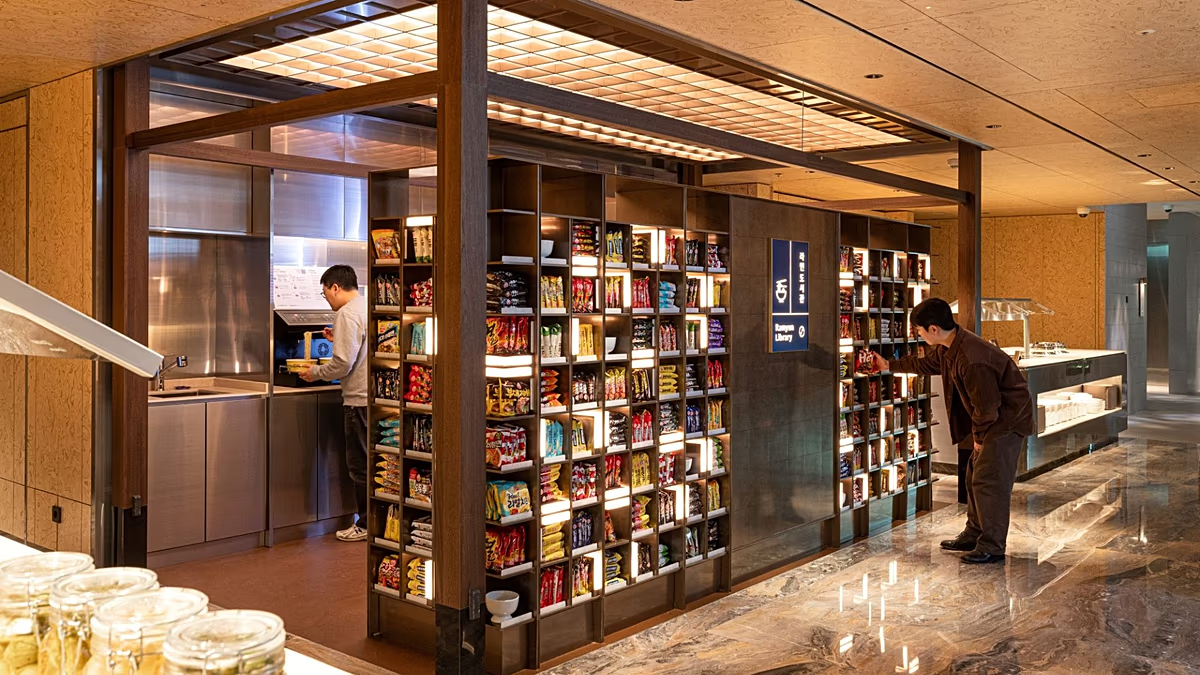The Decline of European Night Trains: Paris Connections to Vienna and Berlin Face Discontinuation
In a significant shift for European rail travel, the beloved night train services connecting Paris with Vienna and Berlin will cease operations from mid-December 2025, according to an announcement from Austrian rail operator ÖBB. This disappointing news comes following the French government’s decision to withdraw crucial funding for these routes. The NightJet services, which were launched just two years ago in 2023 as a collaborative effort between multiple national rail operators—France’s SNCF, Germany’s Deutsche Bahn, Austria’s ÖBB, and Belgium’s SNCB—represented a promising revival of overnight rail travel across Europe. ÖBB expressed genuine regret in their statement, emphasizing the fundamental reality that “night trains can only be operated with the participation of international partners.” The discontinuation reflects the complex economic challenges facing overnight rail travel in an era of budget airlines and high-speed day trains, despite growing consumer interest in sustainable travel alternatives.
The French national railway SNCF provided candid insight into the economic realities behind the decision, explaining that even with impressive average occupancy rates of 70 percent, cross-border night services remain “not economically viable without state subsidies.” The operator highlighted several fundamental business challenges unique to overnight rail travel: while an airline seat can be sold up to five times daily and a day train seat up to four times, a night train seat generates revenue only once per day. Additionally, overnight services incur substantially higher personnel costs, requiring more service staff, additional cabin crew for border crossings, and premium rates for overnight work. The multi-national journeys also generate significant infrastructure access fees across different countries and substantial energy costs for the long-distance travel. Despite these challenges, ÖBB confirmed it will maintain its thrice-weekly Nightjet service connecting Vienna and Brussels into 2026, along with other popular European routes including Vienna-Amsterdam and Munich-Rome connections.
Fortunately for travelers still seeking overnight rail experiences from Paris, several alternative options remain available. Italy’s Thello operator provides services connecting Paris and Dijon with numerous Italian destinations including Milan, Venice, Florence, and Bologna. These trains offer various accommodation options from economical 6-berth and 4-berth couchette cabins to more comfortable sleeper cabins with amenities like washbasins with hot and cold water, real beds, complimentary toiletry kits, and bottled water. The Thello experience includes thoughtful touches like welcome drinks upon arrival and continental breakfast with the day’s newspaper served in the dining car each morning. Within France itself, numerous Intercités de Nuit trains connect Paris with domestic destinations such as Briançon, Nice, and Toulouse, offering passengers choices between berths in 4-bed couchettes in either first or second class, making overnight domestic travel still quite accessible despite the international route cancellations.
Creative alternatives exist for travelers still hoping to reach Berlin from Paris, albeit through connections rather than direct service. One popular option involves taking the Eurostar from Paris to Brussels, then transferring to the European Sleeper’s “Good Night Train” for the journey to Berlin. This connection also opens up access to several other major destinations including Amsterdam, Dresden, and Prague. The indirect nature of these routes may add complexity and potentially travel time to the journey, but they represent the adaptability of rail travelers in finding solutions that maintain the romance and environmental benefits of overnight train travel. These alternative routes also highlight the patchwork nature of European rail connectivity, where service gaps created by one operator’s withdrawal can sometimes be navigated through creative combinations of existing services operated by others.
For travelers with more luxurious tastes and generous budgets, Paris remains the departure point for some of Europe’s most extraordinary rail journeys. Golden Eagle Luxury Trains offers an exceptional seven-day experience between Paris and Istanbul that begins with a champagne reception at the station and maintains a consistent level of opulence throughout. This journey includes memorable stops such as visiting a champagne house in Reims, exploring Slovenia’s remarkable Postojna Cave, enjoying spirit-tasting experiences in Belgrade, and a comprehensive city tour of Sofia. The itinerary perfectly balances on-board luxury with carefully curated cultural experiences, creating a comprehensive journey rather than merely transportation between endpoints. Similarly, the legendary Venice Simplon Orient Express continues to offer its iconic journey from Paris to Venice, where passengers travel in meticulously restored 1920s carriages featuring velvet-upholstered dining cars and elegant cabins with Art Deco light fixtures and marble bathrooms, preserving the golden age of rail travel for contemporary luxury seekers.
The discontinuation of these night trains between major European capitals represents a broader challenge facing sustainable travel in Europe. While environmental consciousness grows and many travelers seek alternatives to carbon-intensive short-haul flights, the economic realities of operating cross-border night trains remain daunting without significant government support. The situation highlights a potential disconnect between environmental policy goals and transportation funding priorities, as night trains offer a substantially lower carbon footprint compared to equivalent air travel. As Europe continues to navigate its climate commitments alongside economic considerations, the fate of these romantic and practical overnight connections remains uncertain. The survival of remaining routes and potential revival of canceled services may ultimately depend on whether European governments choose to view night trains as essential public infrastructure deserving subsidy—similar to roads or airports—rather than expecting them to operate on purely commercial terms in competition with heavily subsidized aviation. For now, rail enthusiasts and eco-conscious travelers must navigate an evolving landscape where beloved connections disappear while new possibilities emerge.











